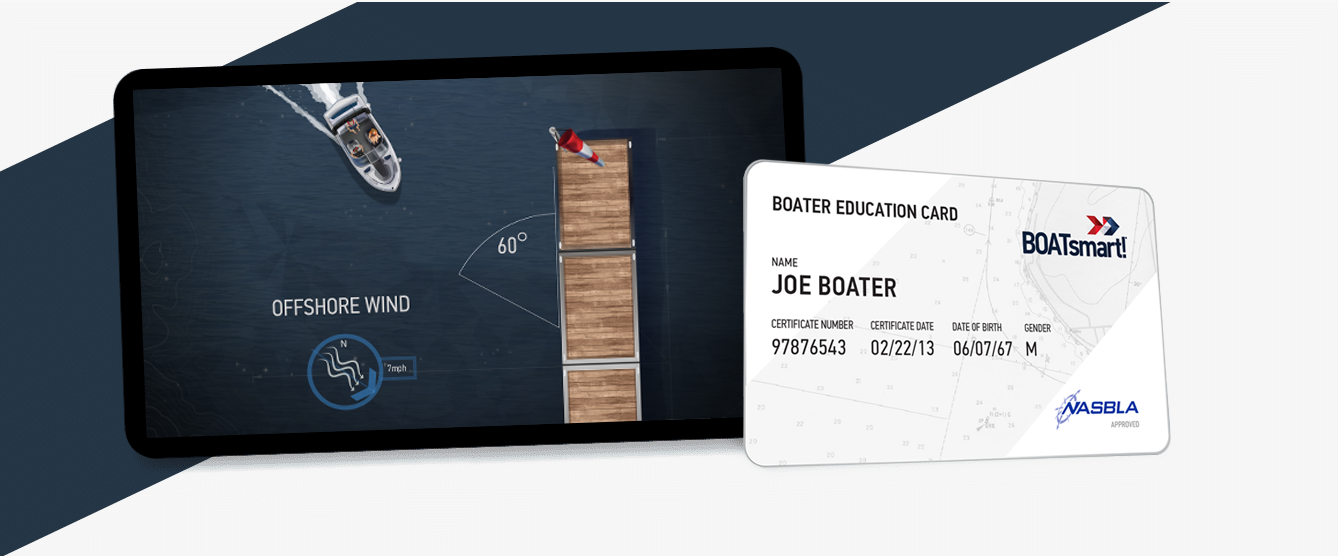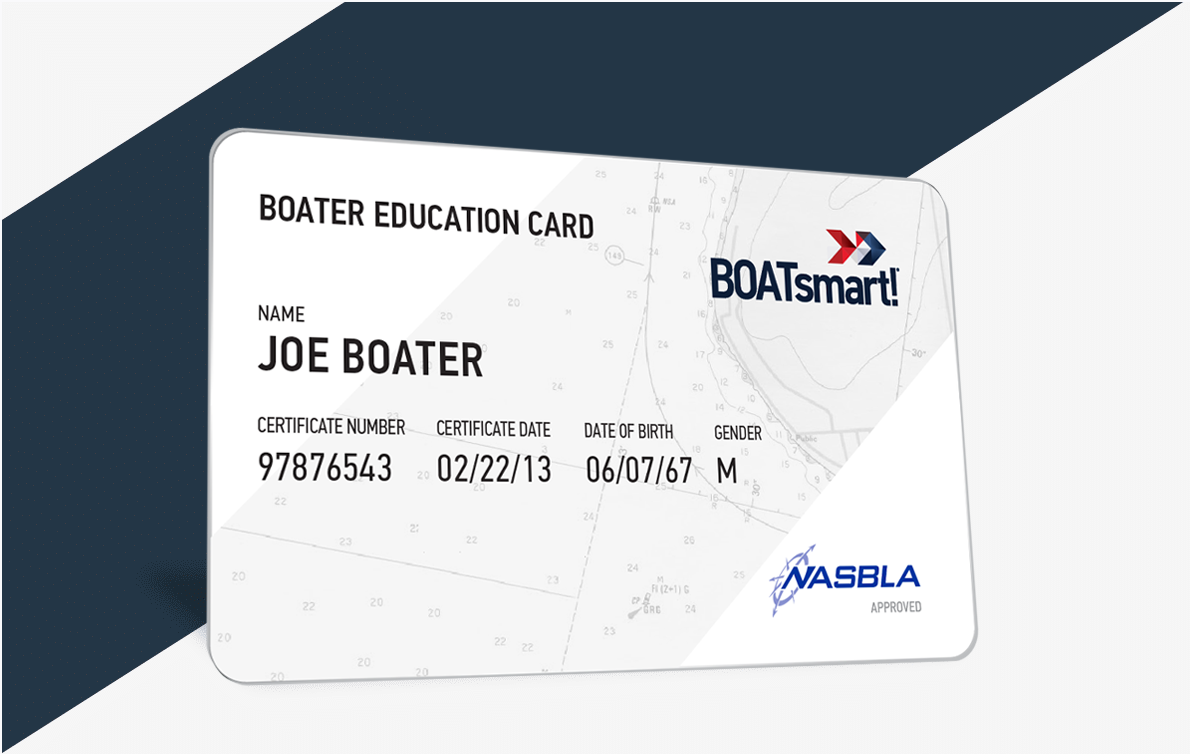BOATsmart! USA Knowledge Base
Module 06 - Other Water Activities Emergency Preparation
Personal Watercraft Accident Risks
The speed and steering responsiveness of a personal watercraft (PWC) may encourage operators to attempt dangerous maneuvers. However, you must understand that risky maneuvers, such as racing or wake jumping, are illegal. To prevent the risk of collision and other accidents from occurring while you’re operating a PWC, always follow these safety practices:
- Make sure your passengers are wearing Coast Guard-approved lifejackets.
- Show your passengers how to operate the PWC for you in an emergency situation.
- Maintain a proper lookout while turning the PWC and beware of your blind spots.
- Avoid operating in areas with heavy traffic.
- Operate at a safe distance from shore, traffic and other obstacles.
- Keep the load balanced and centered to avoid capsizing.
- Have your passengers hold onto the seat strap while the PWC is underway.
- Inspect and maintain your PWC to avoid a mechanical breakdown on the water.
- Make sure your passengers never place their feet in the water during operation.
- Always cross a wake or large waves at a 90° angle to maintain lateral stability.
- Never engage in wake-jumping or racing.


Get your Official North American
Boating License
The Official NASBLA and State-Approved Boating Course, Test & License.
Get your Official North American
Boating License
The Official NASBLA and State-Approved Canada Boating
Course, Test & License.



